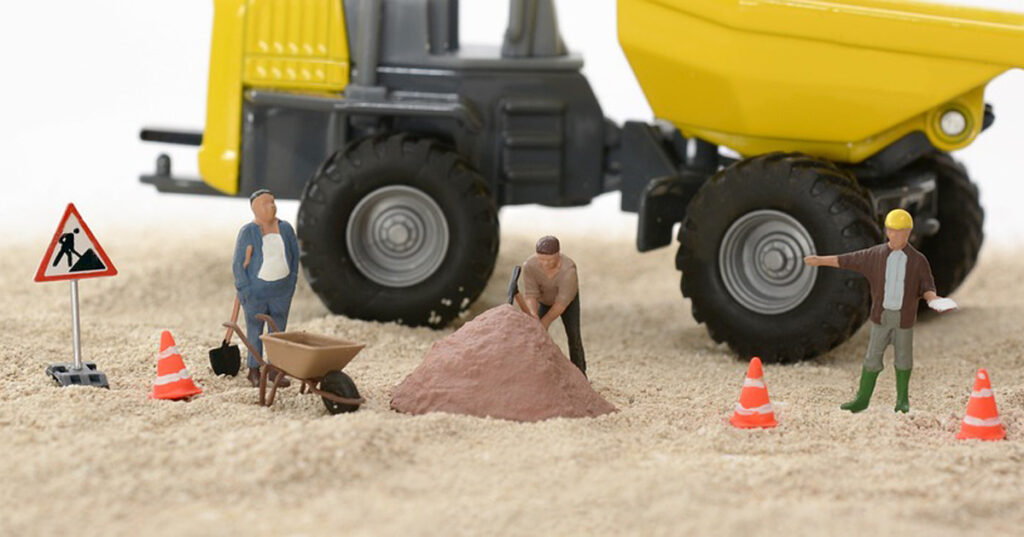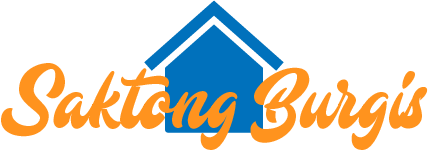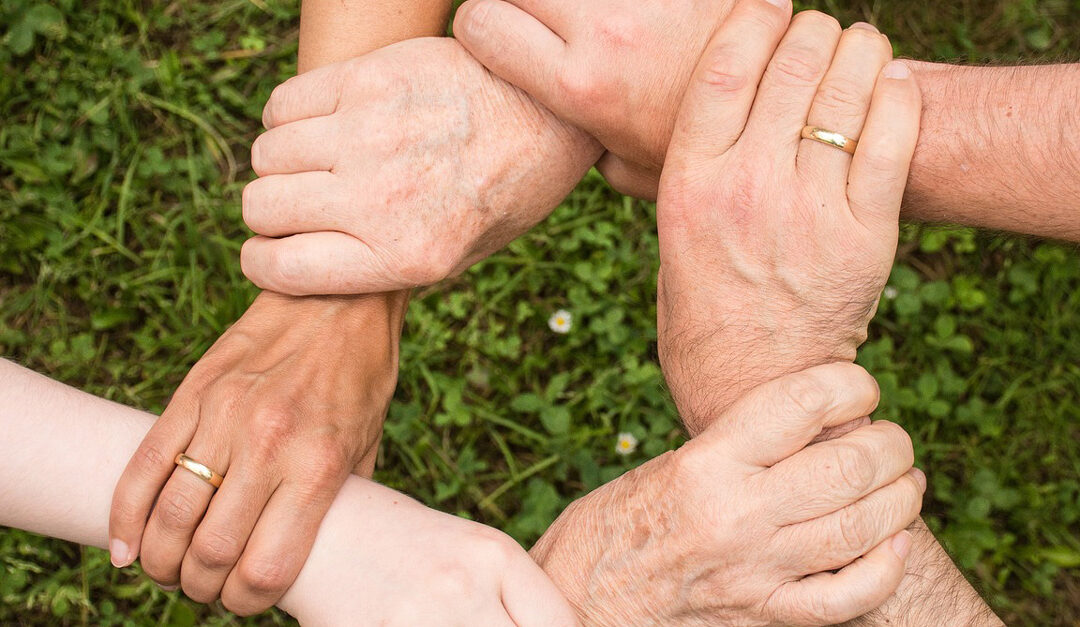When moving into a subdivision, one of the entities you’d likely be interactive with will be the homeowners’ association or HOA. Upon the turnover of the subdivision by the developer, HOAs typically assume the responsibility of providing basic services and maintaining and managing the facilities of the community.
Homeowners in the Philippines who live in subdivisions and residential complexes are usually required to become members in order to avail of these basic services. As members, they’re also required to abide by the association’s rules and regulations.
What is a HOA in the Philippines?
A HOA in the Philippines is defined as a nonstock, nonprofit corporation registered with:
- Department of Human Settlements and Urban Development (DHSUD)
- Housing and Land Use Regulatory Board (HLURB) – prior to its merger with the HUDCC to become the DHSUD
- Home Insurance Guarantee Corporation (HIGC) – prior to the establishment of the HLURB
- Security and Exchange Commission (SEC)
Basically, a HOA is organized by owners of lots or homes in a subdivision, village, or other residential real property within a particular real estate project or development. A HOA becomes responsible for managing and maintaining the community and facilities once the developer has completed the project. A HOA also acts a form of governing body that sets standards and regulations of how residents should behave inside the community.
RA 9904 or the Magna Carta for Homeowners and Homeowners’ Association outlines how homeowners can organize HOAs. The law also defines their respective rights and responsibilities with the goal of fostering sustainable and secure communities.

What Are the Functions of a Homeowners Associations?
The functions of a homeowners association in the Philippines typically include:
- Collection of membership fees or dues to fund the association’s activities, maintenance, and improvements.
- Maintenance and management of common areas, facilities, and amenities. HOAs have to maintain open spaces, parks, playgrounds, swimming pools, clubhouses, and streets.
- Maintenance of vacant lots. Some associations collect fees from vacant lot owners to help maintain their properties such as making sure that the grass are cut and that the lots are kept clean.
- Enforcement of community rules, regulations, and deed restrictions. HOAs typically enforce rules such as property maintenance, noise levels, pet ownership, and architectural guidelines.
- Provide security. HOAs also typically employ security guards to help manage access to and from the subdivision through its gates. Security guards can also patrol the streets during the day and night. Or, the HOA can also coordinate with the barangay for the deployment of tanods if the HOA can’t afford getting their own security.
- Mediation and resolution of disputes among homeowners.
- Representation of the community’s interests in dealings with the LGU, developers, and other external parties. Sometimes, the HOA can also act as the entity to file or face legal action in the case of disputes with other parties.
- Organization of community events and activities to promote camaraderie and a sense of belonging among residents.
Why are Homeowners’ Associations Important?
HOAs are particularly important because of the functions they serve. Once a development has been turned over, the developer would stop providing maintenance and upkeep of the subdivision. Without these functions, facilities and amenities can fall into disrepair. In addition, without services such as security and enforcement of rules promoting quality of life, communities can easily fall into disarray.
In fact, there are even cases of developers simply abandoning their projects even before proper completion and turnover, leaving homeowners to fend for themselves. Having a formal organization such as a HOA helps keep thing in order.

Why Do Some HOAs Get a Bad Rap?
Unfortunately, stories and cases of homeowners being dissatisfied with their subdivisions’ HOAs are fairly common in the Philippines. Even in affluent communities, leadership and management of HOAs can be sensitive and touchy subjects. Lawsuits and disputes among HOAs and members do happen.
Badly run HOAs can boil down to either one or both of these: bad leadership and bad membership. Some HOAs do get a bad rap due to:
- Typical Philippine politics. Even with HOAs, it’s possible to encounter corrupt practices. Some even have the gall to actually skim or steal from their associations. There’s also the padrino or palakasan system, where cronies of board members can get favorable treatment.
- Failure to provide services. Badly managed HOAs fail to provide even the basic services. Because of this, quality of life in the community declines.
- Enforcement of rules. Non-compliance to HOA rules may lead to penalties, fines, or legal action. Some HOAs, however, are too strict when it comes to policy. Some may not be pragmatic enough to accommodate humanitarian reasons and just hand out penalties and fines without taking a more neighborly approach to things.
Some HOAs can be well-run. But middle class citizens in the Philippines tend to acquire nouveau riche attitudes, where they can feel a sense of entitlement. They sometimes have unrealistic expectations from their HOAs, that lead them to feeling dissatisfied.
In some cases, apathetic members even avoid participating in HOA-led activities such as elections and assemblies, placing all of the burden of management on their directors.
Participating in the Process
The good thing about the nature of HOAs in the Philippines is that they’re required to be as democratic as possible. The implementing rules and (IRR) of RA 9904 do provide minimum provision of how HOAs can be structured, their scope of authority, and the rights of members.
Leadership of HOAs depend on how the association set up its by-laws and incorporation. Typically, members elect board members and officers in a democratic process. As such, the power still resides in the people. So, if you want to live in a good gated community, it would pay to be involved in your HOA. Make sure that your interests are protected alongside the other members of your community.


1.How many year to turn over to the Hoa.
2. How many percentage does a subdivisions who are not fully occupied by the owner will allow the developer them turn over to interim HOA.